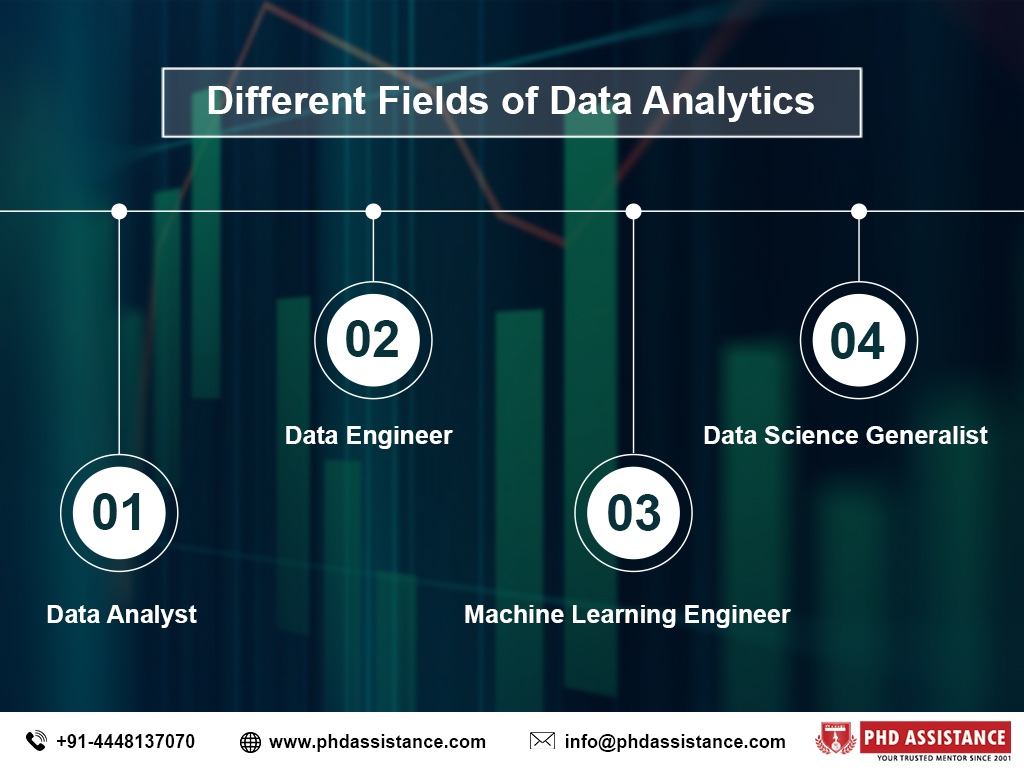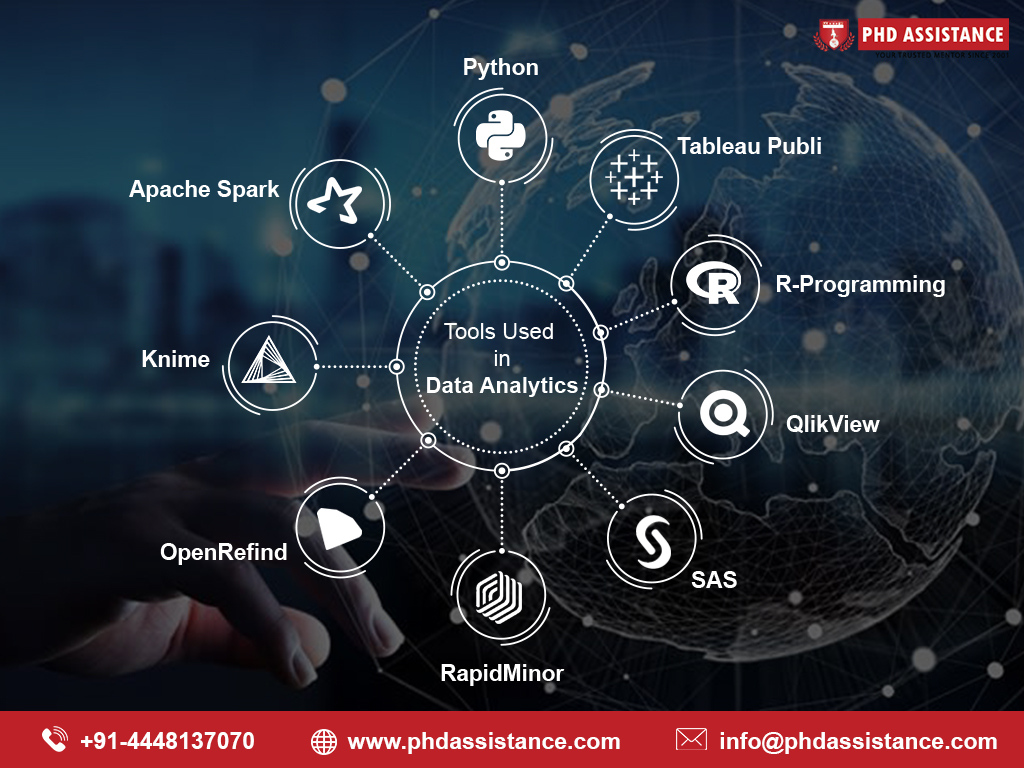What are the different fields in data analytics?
“It is a capital mistake to theorize before one has data.” — Sherlock Holmes
Data and its analysis with data analytical tools are the buzz words of today’s technology. In the last two years only more than 90 % if the existing data were collected and will double every two years. The future of technology development in AI & its subsidiaries, ML. DL, also IoT, among others, depend solely on data. Hence data analytics has become crucial for any business to sustain and succeed in it.
The reasons for data analytics to have different fields:
- Data analytics today is divided into many fields. It is because of the following reasons:
- Due to the full range of its applications
- The qualitative and quantitative analysis of data
- Both the organized and unorganized data collected needs data analytics
- Data from all sources either from an individual or by a large scale enterprise needs data analytics
- To find the hidden insights of the mammoth amount of collected data
- To generate reports from all kinds of data
- To perform a market analysis to help businesses to grow to beat their competitors
The following are the different fields of data analytics:
As per the field, nature of the date, tools, techniques, applications, source of data, and many more, there are many different fields of data analytics. Some of them are given below:
1. Data Analyst:
The terms data analyst and data science are interchangeably used. Getting data from the SQL databases is the major job of the data analyst. They become experts in Tableau Public and Excel. They also analyze A/B testing results and maintain the Google Analytics account.
2. Data Engineer:
Data engineers set up the infrastructure to move forward for companies with increased traffic. They are also responsible for the constant analysis of data. It is pertinent to know about machine learning and heavy statistics for becoming data engineers. They are also known as Data Scientists and Data engineers in some places.
3. Machine Learning Engineer:
Machine learning engineer is for companies where data is their main product. Mostly consumer-facing companies use the services of machine learning engineers.
4. Data Science Generalist:
As the field suggests, it is a generalized job to fill in the shoes of any responsibility lacking in the data team. Data science generalist has many hats from touch production code analyst, analysis in-charge, data visualization work, and many more.
What are the tools used in data analytics?
The following are the vital tools commonly applied in data analytics:
-
Python:
Open source provides ML and visualization libraries and can be assembled in any platform like SQL server, MongoDB database of JSON
-
Tableau Public:
Free software to connect any data source
Runs on platforms like UNIX, Windows, and Mac and used for statistics and data modeling
-
QlikView:
It is a memory data processing tool with data being compressed to 10 % of its original size and delivers results fast to end users.
-
SAS:
Easily accessible tool analyzing data from different sources
-
RapidMinor:
It can integrate any data source types and used for predictive analysis
-
OpenRefind:
It is used for parsing data from websites, and transforms data and cleans them
-
Knime:
Konstanz Information Miner is an open source data analytics which enables data to be analyzed with visual programming
-
Apache Spark:
It is the largest processing engine executing applications in the Hadoop cluster. Apache Spark is ten times fast on disk and 100 times quick in memory
The above and many fields of data analytics are crucial today and always will be for businesses to grow in this rapidly evolving digital business world.
Related Topics





